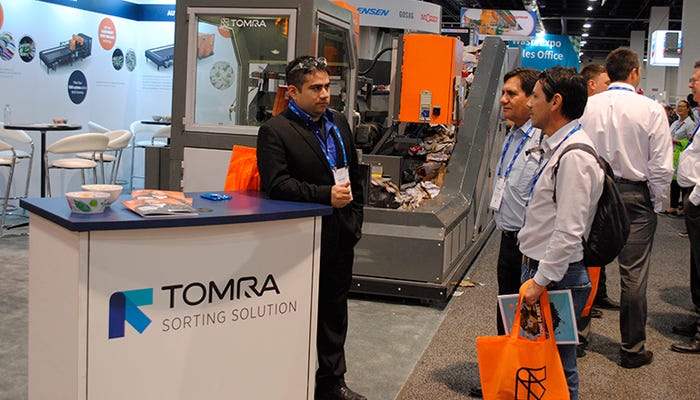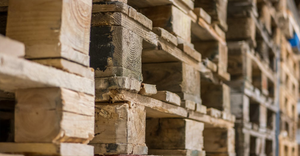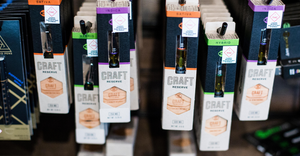Technology was once again front and center at WasteExpo. Flip through this gallery to see some of the tech trends highlighted at this year’s show.
8 Slides

WasteExpo 2019 has come and gone, but industrywide developments in technology continue to evolve with more and more sophisticated solutions for refuse haulers, recyclers and landfill owners and operators. And this year’s show saw no shortage of advancements in technology.
In this gallery, we highlight some of the top trends that emerged from WasteExpo that we feel will continue to streamline—and possibly disrupt—operations in this ever-evolving industry.
About the Author(s)
Stay in the Know - Subscribe to Our Newsletters
Join a network of more than 90,000 waste and recycling industry professionals. Get the latest news and insights straight to your inbox. Free.
You May Also Like




